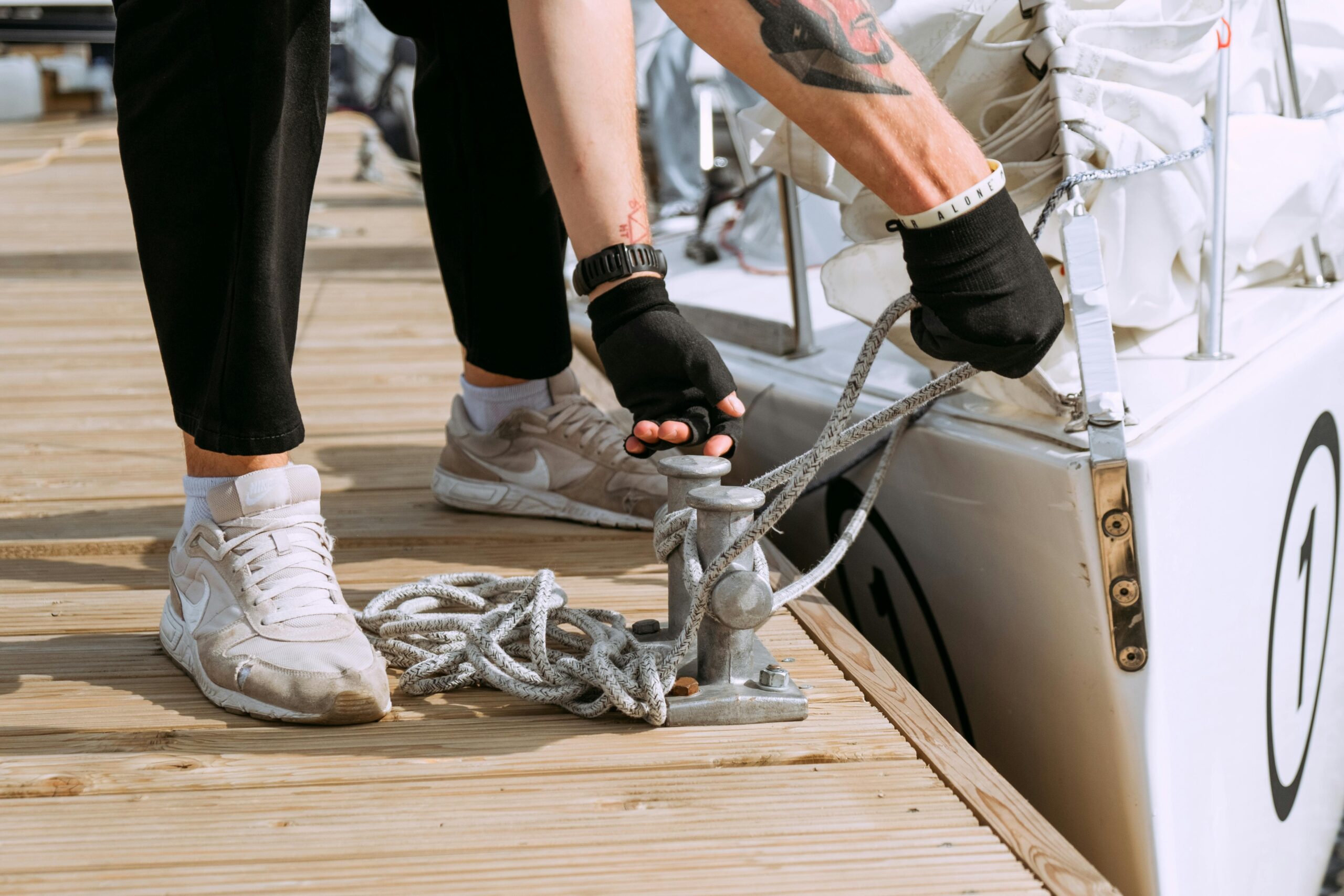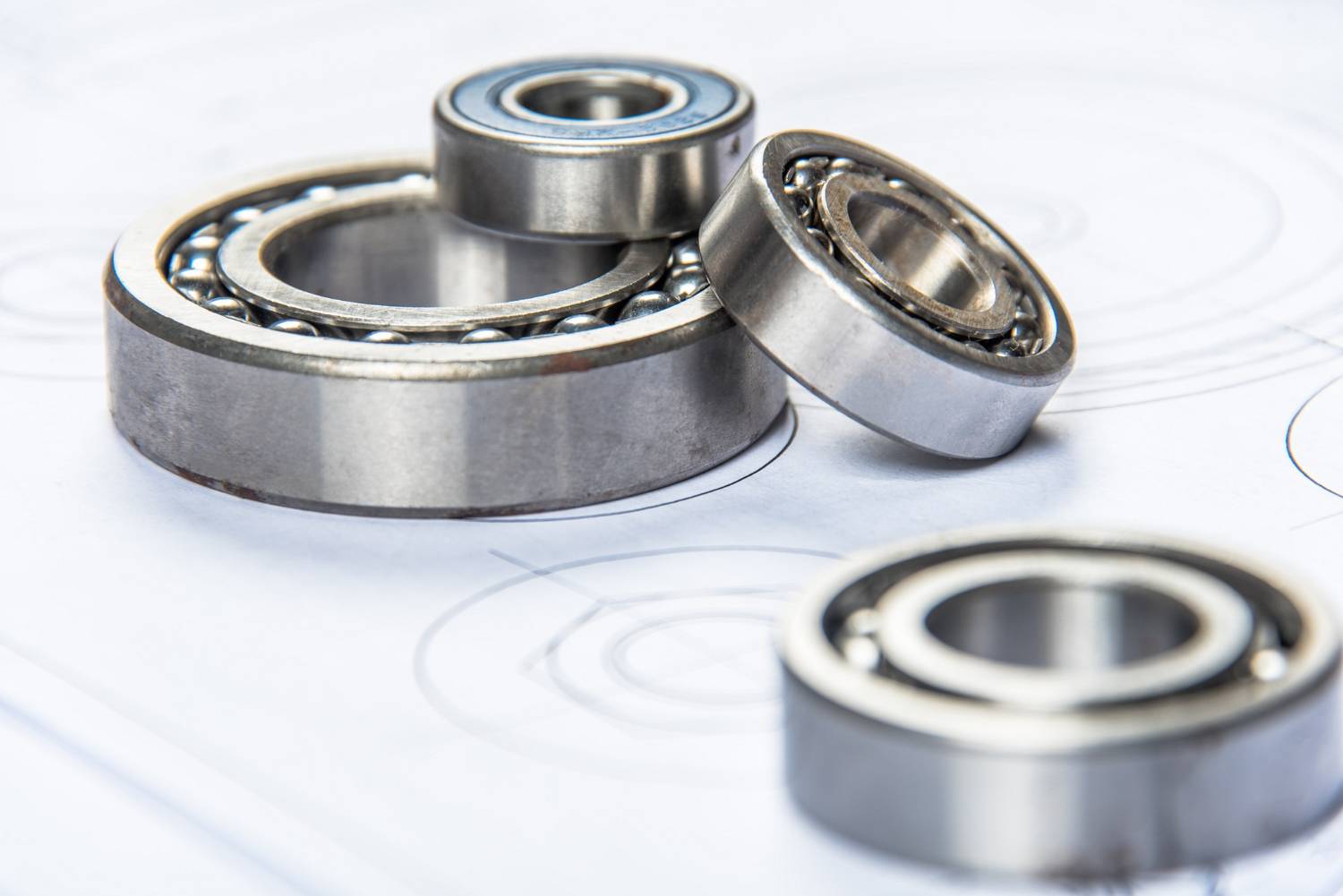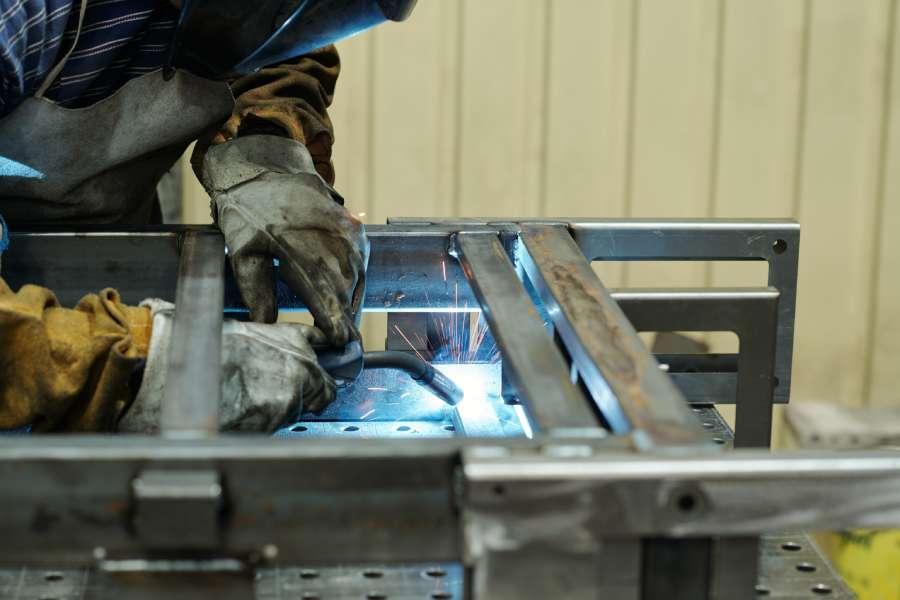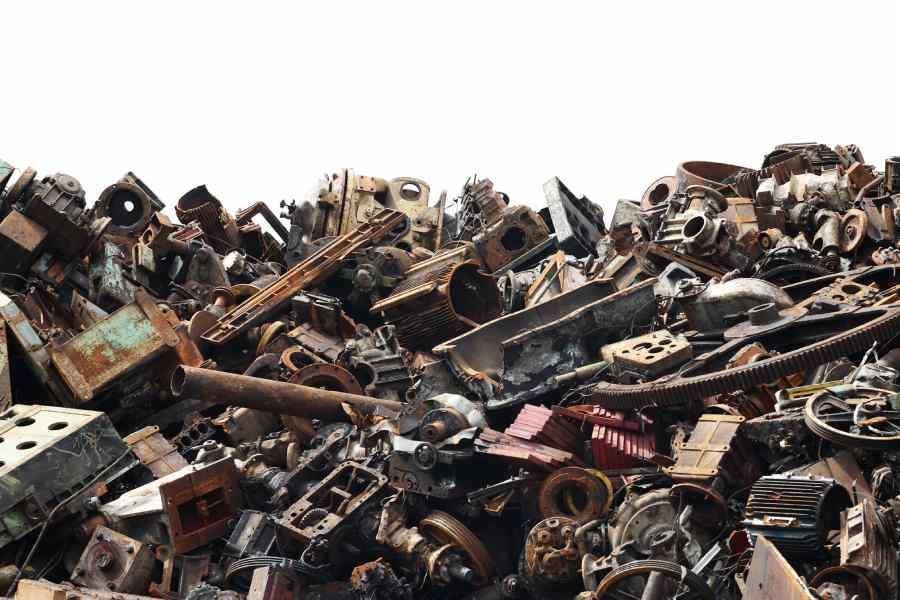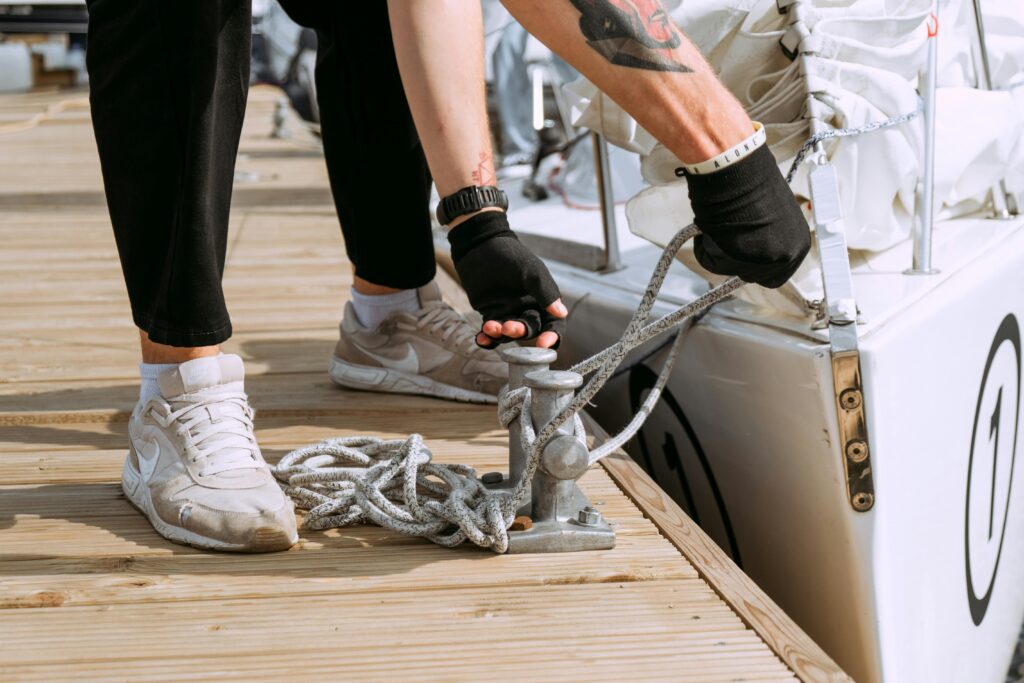
Keeping your boat’s engine in top condition is essential for its longevity and performance. Regular upkeep can save you from costly repairs and unexpected breakdowns. Here are some essential tips for maintaining your marine engine effectively.
Taking care of your boat’s engine is not just about avoiding inconvenience; it is about safety and efficiency. A well-maintained engine ensures smoother rides and extends the life of your vessel. By following these guidelines, you can keep your boat running optimally for years to come and enjoy the sea air.
Understanding the Basics of Boat Engine Maintenance
Boat engine maintenance is fundamental for any boat owner. Regular checks and routine services are essential for identifying potential issues before they become major problems. For instance, always inspect the oil levels and quality, as poor oil can lead to engine damage. When it comes to dependability, bowriders are popular among recreational boaters who need reliable engines for their trip.
Another crucial aspect of boat engine maintenance is checking the cooling system. Overheating can cause severe damage to your engine, so ensure the coolant levels are adequate and that there are no leaks. Replace worn-out hoses and clamps regularly to avoid any unexpected failures while on the water. You must also keep an eye on the battery connections and ensure they are clean and secure, as electrical issues can impede engine performance.
Regular maintenance also involves inspecting and servicing the exhaust system. A compromised exhaust can lead to dangerous carbon monoxide leaks and reduced engine efficiency. Check for any signs of corrosion, cracks, or loose fittings in the exhaust manifolds and risers. Ensure that the water pump impeller is functioning correctly, as it plays a crucial role in cooling the engine. For sailboats with auxiliary engines, pay special attention to the folding or feathering propellers, as they require specific maintenance to prevent seizing or improper deployment.
Essential Practices for Boat Motor Care
Proper boat motor care goes beyond just regular checks; it involves seasonal maintenance as well. At the end of each boating season, it’s essential to winterize your engine to protect it from freezing temperatures. This includes draining any water from the engine, adding antifreeze, and storing it in a controlled environment. Mid-season checks are equally important as they ensure that minor issues do not escalate into major repairs.
When considering boats for sale, always inquire about the maintenance history of the engine. This information can provide insight into potential future issues and help you make an informed decision. Always follow the manufacturer’s guidelines for service intervals and use recommended parts and fluids to ensure optimal performance.
Marine Engine Tips for Prolonged Performance
To maximize your marine engine’s lifespan, adopt a proactive approach with these marine engine tips. First, always use high-quality fuel and additives suited for marine engines; this prevents buildup and corrosion within the system. Regularly inspect spark plugs and replace them as needed to maintain efficient combustion. Additionally, using a fuel stabilizer during periods of inactivity helps keep the fuel system clean.
A clean bilge can also contribute significantly to your boat’s overall health. Ensure that there is no accumulation of oil or debris that could affect the engine’s operation. Another tip is to operate your boat at varying speeds rather than at a constant high speed, as this practice helps in reducing wear and tear on the engine components.
Wrapping Up: The Importance of Routine Boat Engine Upkeep
Routine boat engine upkeep cannot be overstated when it comes to maintaining peak performance. Regular servicing according to manufacturer recommendations ensures that all parts are in good working condition. It’s also crucial to document all maintenance activities; this record-keeping helps identify patterns or recurring issues that may need addressing.
Routine inspections also include checking propellers for damage or wear, as this can affect the overall balance and performance of your vessel. By staying diligent with these checks, you ensure a safer boating experience for you and your passengers while extending the life of your investment.







